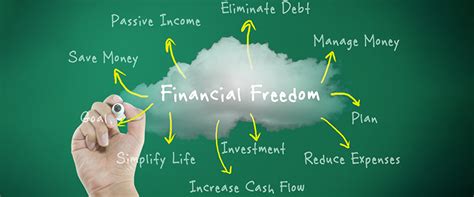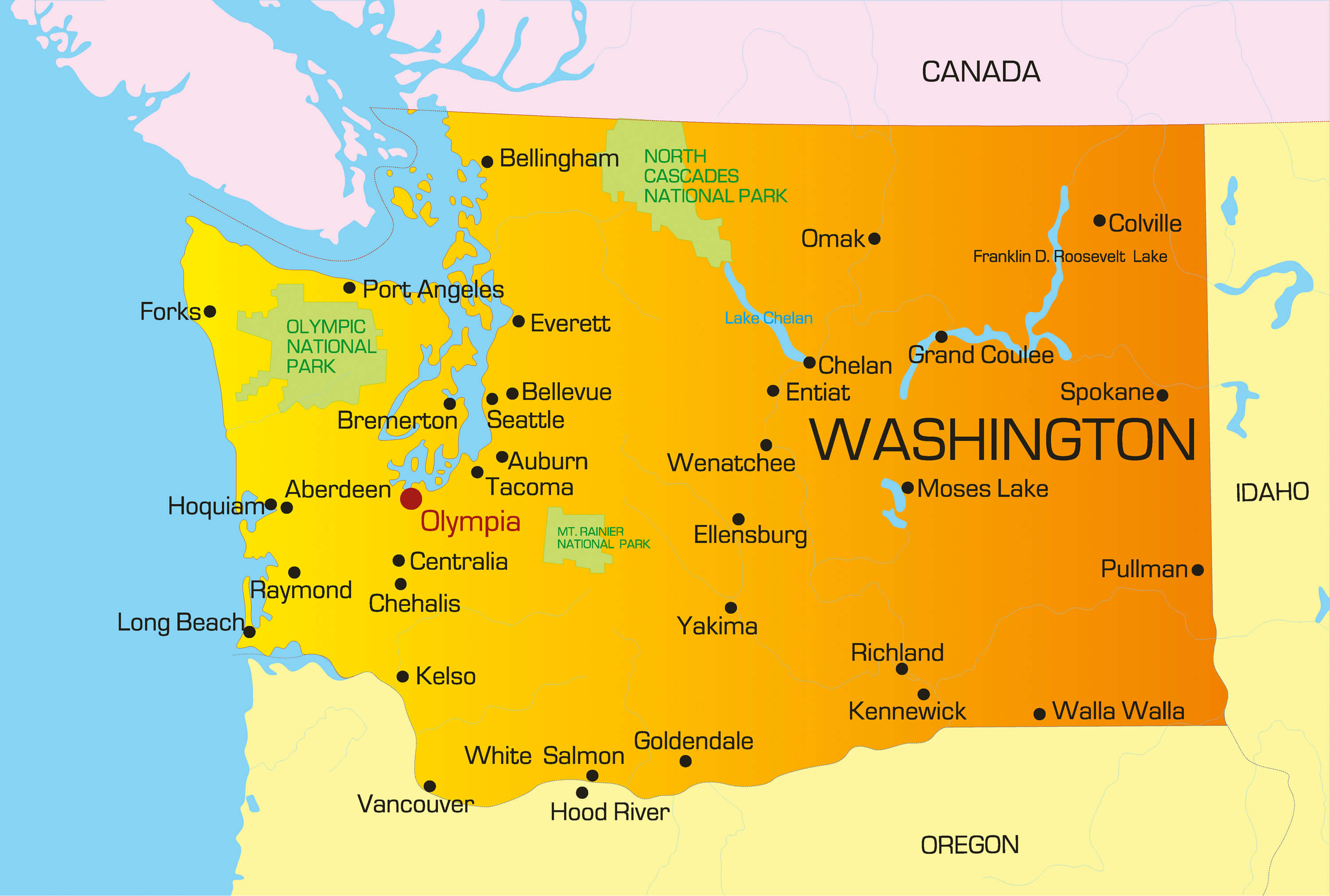Independent living is a lifestyle that embodies autonomy, self-sufficiency, and the freedom to make choices that align with one’s values and goals. It’s about taking control of one’s life, being responsible for one’s actions, and living life on one’s own terms. In this article, we’ll delve into the concept of independent living, explore its benefits, and provide practical tips on how to achieve it.
At its core, independent living is about having the ability to make decisions that affect one’s daily life, without relying on others for support or guidance. This can include simple tasks like managing one’s finances, cooking, and cleaning, to more complex decisions like choosing a career path, forming relationships, and setting long-term goals. Independent living requires a sense of self-awareness, self-discipline, and self-motivation, as well as the ability to adapt to changing circumstances and navigate challenges.
One of the key benefits of independent living is the sense of freedom and autonomy it provides. When individuals are able to make their own decisions and take responsibility for their actions, they feel more in control of their lives and more confident in their abilities. This, in turn, can lead to increased self-esteem, improved mental health, and a greater sense of overall well-being.
In addition to the personal benefits, independent living can also have a positive impact on relationships. When individuals are able to take care of themselves and manage their own lives, they are more likely to form healthy, mutually respectful relationships with others. This is because they are able to communicate their needs and boundaries more effectively, and are less likely to rely on others for emotional support or validation.
So, how can you achieve independent living and start enjoying the freedom and autonomy it provides? Here are some practical tips to get you started:
Before you can start living independently, you need to have a clear understanding of your values, goals, and priorities. Take some time to reflect on what's important to you, and what you want to achieve in your life. This will help you make decisions that align with your values and goals, and give you direction and purpose.
Setting Boundaries
Setting boundaries is an essential part of independent living. It’s about being clear about what you are and aren’t willing to do, and communicating those boundaries to others. This can include setting limits on your time, energy, and emotional resources, as well as being mindful of your physical and emotional needs.
| Boundary | Description |
|---|---|
| Time boundary | Setting limits on your time, including how much time you spend with others, and how much time you allocate to different activities. |
| Energy boundary | Being mindful of your energy levels, and taking steps to conserve and replenish your energy when needed. |
| Emotional boundary | Setting limits on your emotional involvement with others, including how much emotional support you provide, and how much emotional labor you undertake. |

Managing Finances
Managing your finances is a critical aspect of independent living. It’s about being responsible for your financial decisions, and taking steps to ensure your financial stability and security. This can include creating a budget, saving for the future, and investing in yourself and your goals.
Step 1: Create a budget
Start by tracking your income and expenses, and creating a budget that outlines your financial goals and priorities.
Step 2: Save for the future
Make sure to set aside a portion of your income each month, and invest in a savings plan or retirement fund.
Step 3: Invest in yourself
Invest in your personal and professional development, including taking courses, attending workshops, and pursuing hobbies and interests.
Building a Support Network
Building a support network is an important part of independent living. It’s about surrounding yourself with people who support and encourage you, and who can provide emotional and practical help when needed. This can include friends, family members, colleagues, and mentors.
"Surround yourself with people who uplift and inspire you, and who support your goals and aspirations. A strong support network can make all the difference in achieving independent living."
Practicing Self-Care
Practicing self-care is essential for independent living. It’s about taking care of your physical, emotional, and mental health, and engaging in activities that bring you joy and fulfillment. This can include exercise, meditation, and spending time in nature.
Remember, independent living is not about being alone or isolated, but about being able to take care of yourself and make choices that align with your values and goals. By practicing self-care, setting boundaries, managing your finances, and building a support network, you can achieve the freedom and autonomy that independent living provides.
FAQ Section
What is independent living, and how can I achieve it?
+Independent living is a lifestyle that embodies autonomy, self-sufficiency, and the freedom to make choices that align with one's values and goals. To achieve independent living, you need to have a clear understanding of your values, goals, and priorities, and take steps to manage your finances, set boundaries, build a support network, and practice self-care.
How can I set boundaries and prioritize my needs?
+Setting boundaries and prioritizing your needs is about being clear about what you are and aren't willing to do, and communicating those boundaries to others. This can include setting limits on your time, energy, and emotional resources, as well as being mindful of your physical and emotional needs.
What are some practical tips for managing my finances and achieving financial stability?
+Practical tips for managing your finances and achieving financial stability include creating a budget, saving for the future, and investing in yourself and your goals. You can also consider seeking the advice of a financial advisor or planner, and taking steps to reduce debt and increase your income.
In conclusion, independent living is a lifestyle that requires autonomy, self-sufficiency, and the freedom to make choices that align with one’s values and goals. By practicing self-care, setting boundaries, managing your finances, and building a support network, you can achieve the freedom and autonomy that independent living provides. Remember, independent living is not about being alone or isolated, but about being able to take care of yourself and make choices that bring you joy and fulfillment.



